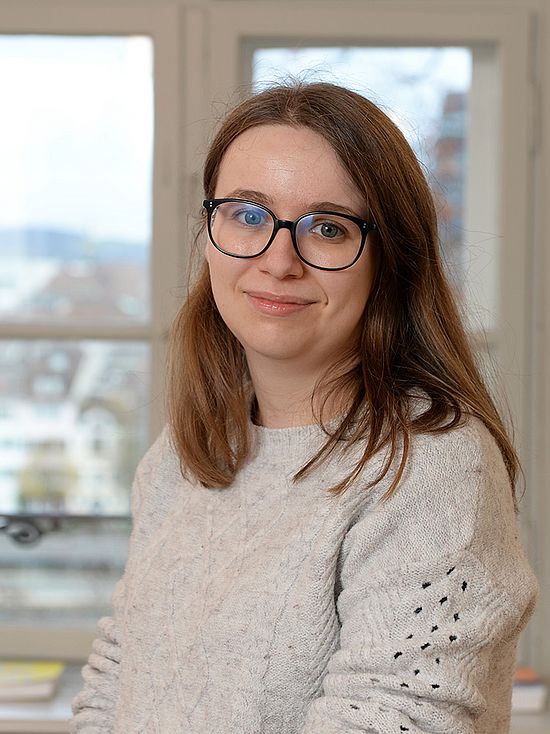Visual and political representations: interactions between visual and discursive representations in armed conflict and political roles of women in peace processes and after settlements
Project Description
Since the introduction of the ‘Women Peace and Security’ (WPS) Agenda through Resolution 1325 of the United Nations Security Council in 2000, a considerable amount of peacebuilding research has focused on the representation of women in peace processes. This field of research is increasingly highlighting a political role for women in peace and conflict beyond that of peacemakers. In parallel, feminist research in the field of peace and security has turned its attention to the representation of women in (visual) public narratives of state and non-state armed actors. Women in conflict, when they are not made invisible, are overwhelmingly either made to fit the categories of peaceful mothers, of dangerous and over-emotional ‘whores’ or of insane ‘monsters’ as have been shown by Laura Sjoberg and Caron Gentry. There is little research on the interactions between representation in peace and discursive/visual representation, however. The objective of this project is thus to link these two fields of research, and to understand how the way women in conflict are portrayed and perceived is linked to the political role and influence they have, during peace processes and after settlements. Drawing on the assumption that images and discourses shape and transform the political and the social, she focuses on the interactions between visual and discursive representations and political participation of women during and after peace agreements. To do so, research will be conducted in two contexts where women were involved both in the conflict and in the peace process, and where visual representation broadly takes place through murals, answering the question: How do visual and discursive representations of women in armed conflict interact with their role in peace processes and after peace settlements? Using methods of visual and discursive analysis, as well as interviews, she will investigate these interactions in Northern Ireland and in Colombia at three points in time: during armed conflict, during settlement negotiations and after settlements. By exploring contexts where women were actively involved in peace negotiations, her thesis will contribute to the development of the nexus between research on representation, position, and participation of women in peace and on public visual and discursive representations of women in conflict. This will bring new insights into peace processes and into women’s representation, allowing for a more meaningful inclusion.
Supervisor: Prof. Dr. Laurent Goetschel
Co-Supervisor: Dr. Valérie Gorin (Geneva Centre for Humanitarian Studies)
Bio
Marie Migeon studied political science as part of a dual programme between Sciences Po Lille (France) and the Westfälische Wilhelms-Universität Münster (Germany), where she focused on questions of peace and conflict. She graduated with a double M.A. in 2019, and also holds a B.A. from the University of Münster. Prior to joining the Graduate School of Social Sciences, she worked at the Berghof Foundation in Berlin, as a part of their Conflict Transformation Research Programme, where she assisted on research projects and focused on questions of inclusion and dialogue, as well as project development. Since beginning her PhD studies at the University of Basel in September 2020, she has been supported by the Start-Up Scholarship of the Graduate School of Social Sciences. She is a member of the Hub for the Study of Hybrid Communication in Peacebuilding. Her research interests lie at the cross between feminist peace, conflict and visuality. She is particularly interested in murals.
Quick Links
Social Media

